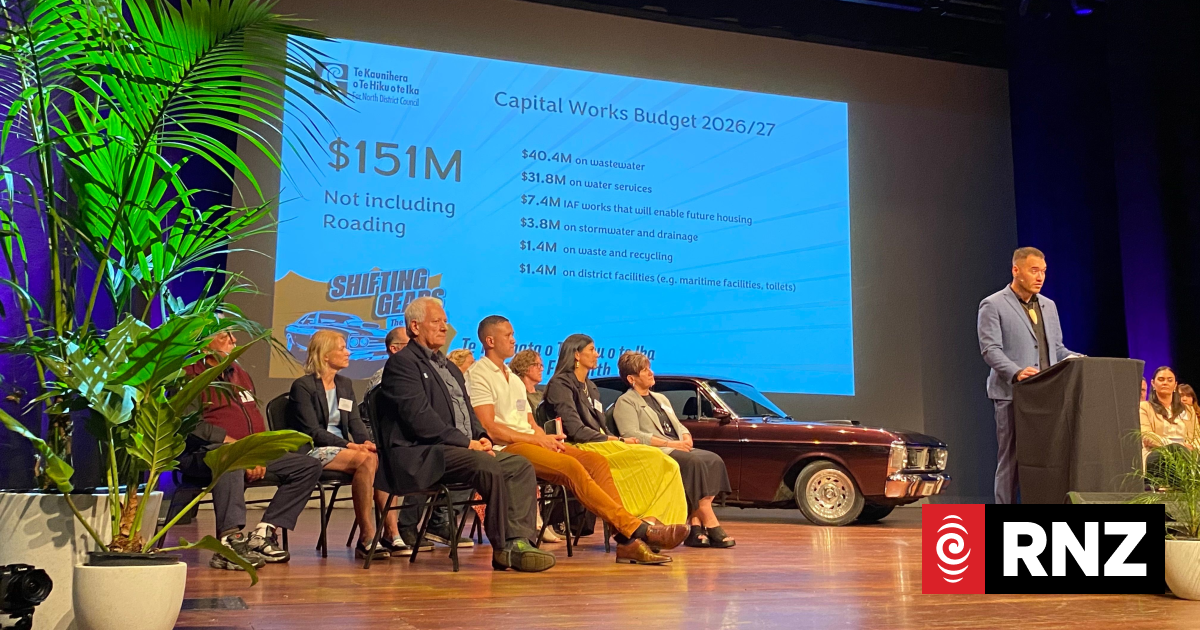Drug overdose deaths are up 54 per cent from 2017 to 2021, according to a new Drug Foundation report.
A Whangārei-based coroner says more work is needed to prevent prescription drug overdoses after the unexpected death of a Whangārei woman in her sleep.
And a Northland addiction specialist says the misuse of painkillers and
sedative medications is seen with “some regularity” both regionally and nationwide.
Drug overdose deaths climbed by 54 per cent between 2017 to 2021, according to a new Drug Foundation report based on an analysis of coronial data.
The report highlighted how over-the-counter medicines – such as painkillers and sedatives – were listed as being present in more than 77 per cent of deaths.
Almost half of the overdose fatalities in the past five years resulted from mixing drugs with opioids (oxycodone, morphine, codeine, fentanyl, tramadol, and heroin).
Drug Information and Alerts NZ said judging the role opioids played in overdose deaths could be difficult due to limitations in the way accidental poisoning deaths were recorded.
While a regional breakdown of deaths is unavailable for privacy reasons, Northland is not immune to the problem.
In 2021, a Whangārei woman died unexpectedly of accidental multiple drug toxicity from prescription painkillers. She had been prescribed substantial amounts of codeine and morphine (both types of opioids) for her chronic back and hip pain between 2016 and 2021.
Advertisement
A coroner’s report described how the woman took the prescription medicine before bed and, unusually, slept through the night. She remained sleeping the next morning.
Around 2pm, the woman was found unresponsive in bed.
Last year’s coronial inquest into her death found no proof she had been given written advice about the dosage of Sevredol (morphine), or a warning about combining Sevredol and codeine together or with other drugs.
Coroner Tania Tetitaha recommended the Ministry of Health facilitate the production of written advice on preventing opioid overdosing for patients and whānau. This included reviewing unused opioid medications, including seeking disposal.
Te Whatu Ora Mental Health and Addictions Services manager Ian McKenzie said misuse of sedative and opioid medication is seen with some regularity in Northland, as with the rest of the country.
Between January and November last year, 74 patients were seen in hospital emergency departments in Whāngarei, the Bay of Islands and Kaitāia because of opioid overdoses. Another 51 patients were treated for sedative overdoses in the same timeframe.
“Any opioid use can be problematic if it is abused, even with opioids with less strength, such as codeine and tramadol pain relief medication,” McKenzie said.
Te Whatu Ora Te Tai Tokerau has recently begun to offer a life-saving treatment, Naloxone, widely used in the United States, to all at-risk patients in Northland via the Opiate Substitution Treatment Service.
Advertisement
Opioid overdose medication Naloxone works by reversing the effects of opioids and, in New Zealand, it can come as an injection or a nasal spray.
McKenzie said Naloxone kits are also being supplied to needle exchange services and pharmacies throughout the region.
The NZ Drug Foundation wants better access to Naloxone, as it is an expensive prescription-only medicine restricted to healthcare professionals to order and dispense.




